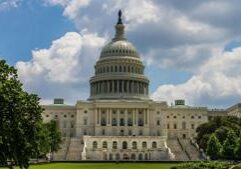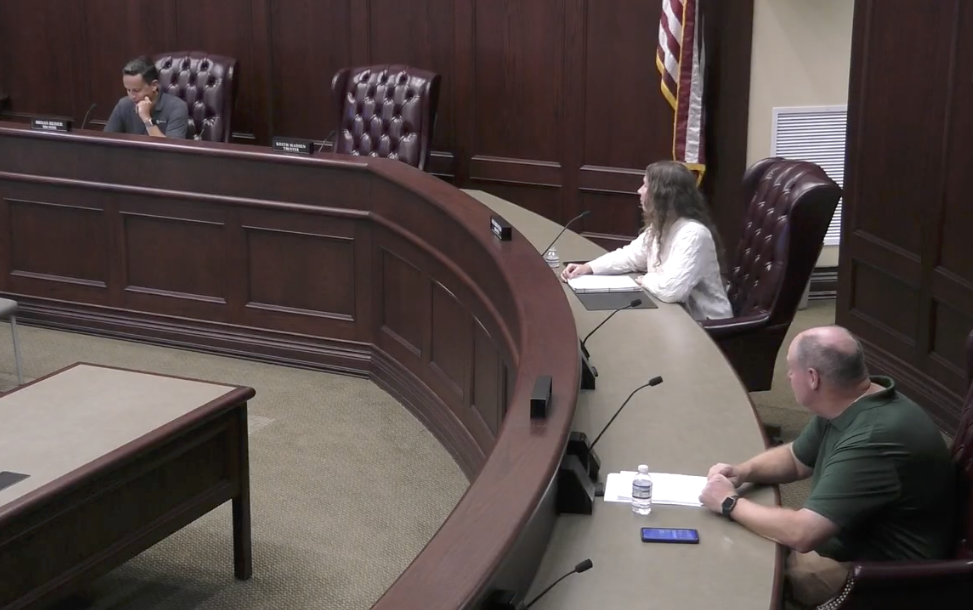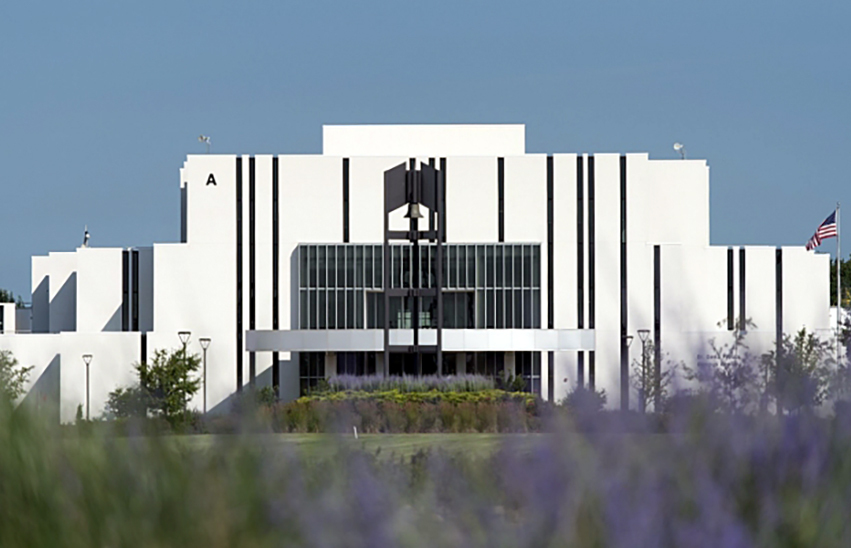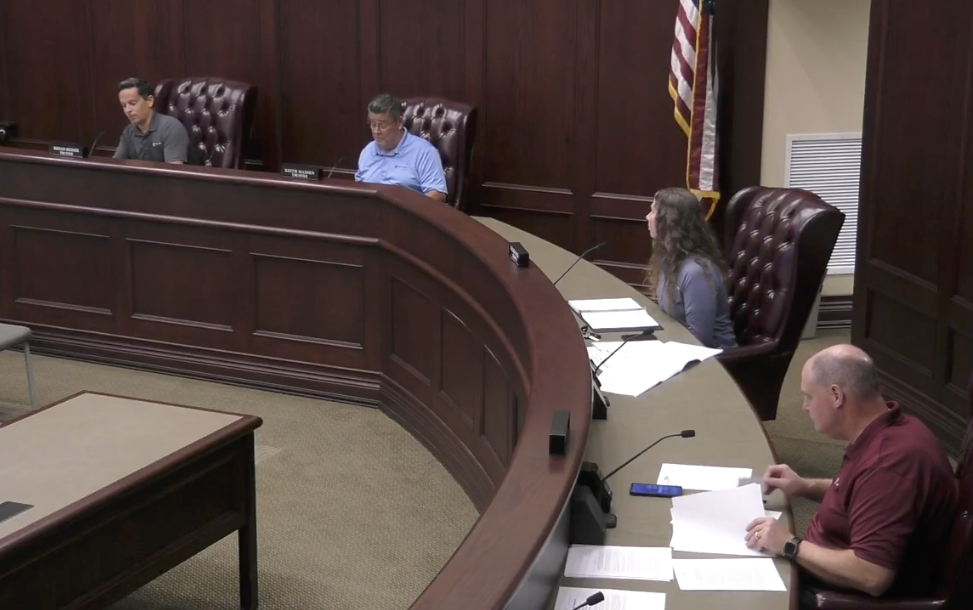
Government shutdown to surpass 35 days, breaking all records
For the 14th time, U.S. Senate Democrats on Tuesday filibustered Republicans’ funding bill to reopen the government, guaranteeing that the ongoing shutdown, now on its 35th day, will be the longest in U.S. history.
The government has remained closed since Oct. 1, after Democratic senators first blocked the House-passed Continuing Resolution that would have extended federal funding until mid-November.
Democrats will not provide the necessary votes for any funding deal unless Republicans promise to make permanent the pandemic-era expansion of the Obamacare Premium Tax Credit. Because such a proposal would cost at least $350 billion and fail to address underlying health care policy issues, Republican leaders have refused.
In the meantime, dozens of critical federal services have halted, including the distribution of farm aid, small business and home loans, and SNAP benefits for 42 million low-income Americans.
Hundreds of thousands of government workers are on unpaid furlough, and tens of thousands more, including federal police and air traffic controllers, are forced to work without pay.
“For a party that claims to represent working people, it is striking to me how very little Democrats seem to care about working people during this shutdown,” Senate Majority Leader John Thune, R-S.D., said Tuesday.
With more than half of the seven weeks originally covered by the CR wasted in a shutdown, Republican leaders appear resigned to the fact that they must draft a new funding stopgap and extend the funding date.
This introduces a new host of problems for the party, though, because Republicans disagree on how long the new funding patch should last.
Before the shutdown, the government was already running off of appropriations levels from fiscal year 2024. Congress never passed a real budget last year, instead punting forward the shutdown deadline via three consecutive CRs.
So while Republicans don’t want to see funding levels from the Biden administration remain any longer than necessary, many are also concerned that a funding stopgap ending in December will turn into a “Christmas Cramnibus” filled with last-minute earmarks.
“Any new continuing resolution must extend past January 15 to avoid a Christmas omnibus loaded with earmarks,” Sen. Rick Scott, R-Fla., said on X. “My friends in the House want to extend a CR at least until March 31. Any spending bills we eventually pass should be closely aligned with the president’s proposed budget to deliver for the American people and bring fiscal sanity back to the nation.”
Latest News Stories

WATCH: Trump calls Pritzker ’nothing’ in public safety push; U.S. Rep. Mary Miller live

Illinois quick hits: Three dead outside Berwyn school; steady economic conditions reported

New Lenox Township Approves 12.5% Increase for Employee Health Insurance

Joliet Junior College, City of Joliet to Explore Joint Public Safety Institute

WATCH: Illinois prison mail scanning rule faces lawmaker scrutiny

New Lenox Scout Prompts Multi-Agency Action on Neighborhood Traffic Safety

Meeting Summary and Briefs: Village of New Lenox Board of Trustees for September 2025

New Lenox Approves Nearly $43,000 in New Kitchen Equipment for Crossroads Sports Complex

New Lenox Extends Deadline for Sale of Maple Street Property

JJC Moves Forward with Major Technology Overhaul to Modernize College Operations

Meeting Summary and Briefs: Joliet Junior College Board of Trustees for August 20, 2025

Tensions Flare as JJC Chairman Rebukes “Entitlement” After Trustee Lists Demands


